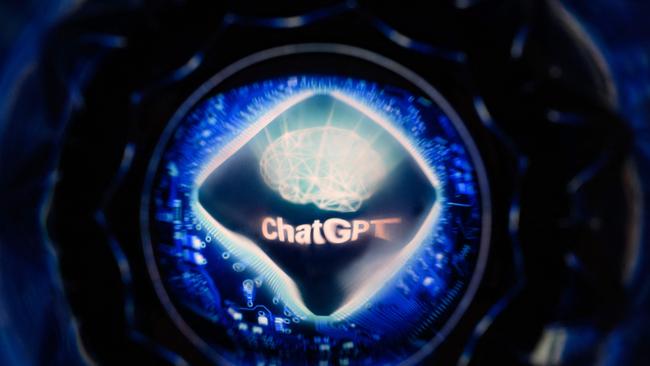AI pioneer Geoffrey Hinton quits Google to warn of tech dangers
In what is seen as a watershed moment, AI pioneer admits the technology will be smarter than humans sooner rather than later.

A pioneering British computer scientist who is known as the “godfather of AI” has quit his role at Google so he can warn about the technology’s dangers.
Geoffrey Hinton, who developed the foundations of modern machine learning, said the speed of change in AI was “scary” and needed to be regulated.
“Look at how [AI] was five years ago and how it is now,” he said. “Take the difference and propagate it forwards. That’s scary.”
Professor Hinton revealed his resignation as vice-president and engineering fellow at Google in an interview with The New York Times. He later tweeted: “I left so that I could talk about the dangers of AI without considering how this impacts Google. Google has acted very responsibly.”
Professor Hinton said that he had changed his view that it would be some time before AI was more intelligent than humans.
“The idea that this stuff could actually get smarter than people – a few people believed that,” he told the newspaper. “But most people thought it was way off. And I thought it was way off. I thought it was 30 to 50 years or even longer away. Obviously, I no longer think that.
“Maybe what is going on in these systems … is actually a lot better than what is going on in the brain.”
His move adds a significant voice to the growing concern over the pace of change in AI that is being driven by big tech companies.
Microsoft is the main commercial backer of OpenAI, which developed ChatGPT, and Google is pushing forward to release AI products as it fears losing its dominance in search.
Professor Hinton, a former winner of the prestigious Turing award, backed a recent call from leading researchers and tech executives for companies to pause their most advanced development.
“I don’t think they should scale this up more until they have understood whether they can control it,” he said.
ChatGPT can already write copy and computer code quite fluently. Champions of AI believe that this will increase productivity and outsource menial tasks to technology.
Professor Hinton’s work on neural networks, a key element in modern AI, has earned him a legendary status in the community. He developed a technique that enables the networks to learn and created an AI that can recognise images, which are both considered foundational.
He appeared wistful about these breakthroughs in his New York Times interview, saying: “I console myself with the normal excuse: if I hadn’t done it, somebody else would have.”
Google’s chief scientist, Jeff Dean, said: “As one of the first companies to publish AI principles, we remain committed to a responsible approach to AI.”
However, Ian Hogarth, co-author of the State of AI Report, said: “Hinton’s resignation is a watershed moment: he is arguably the most influential scientist in the entire field of deep learning and now explicitly argues that we should stop making AI systems more powerful until we understand how we can control them.”
The Times



To join the conversation, please log in. Don't have an account? Register
Join the conversation, you are commenting as Logout